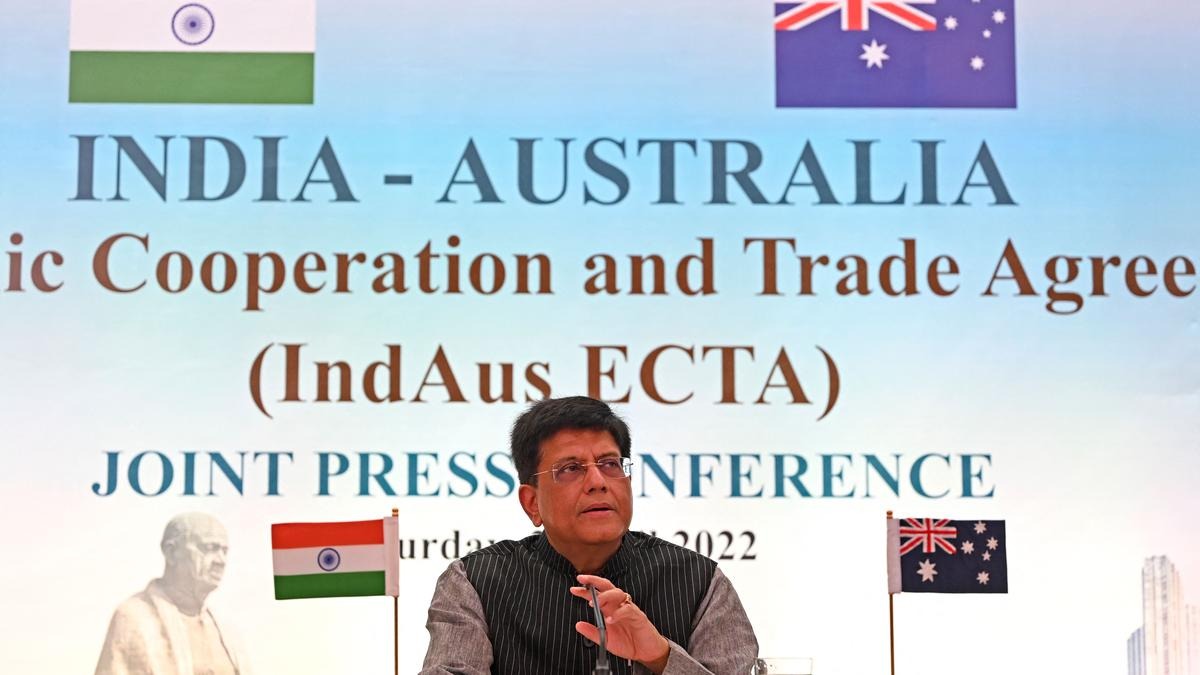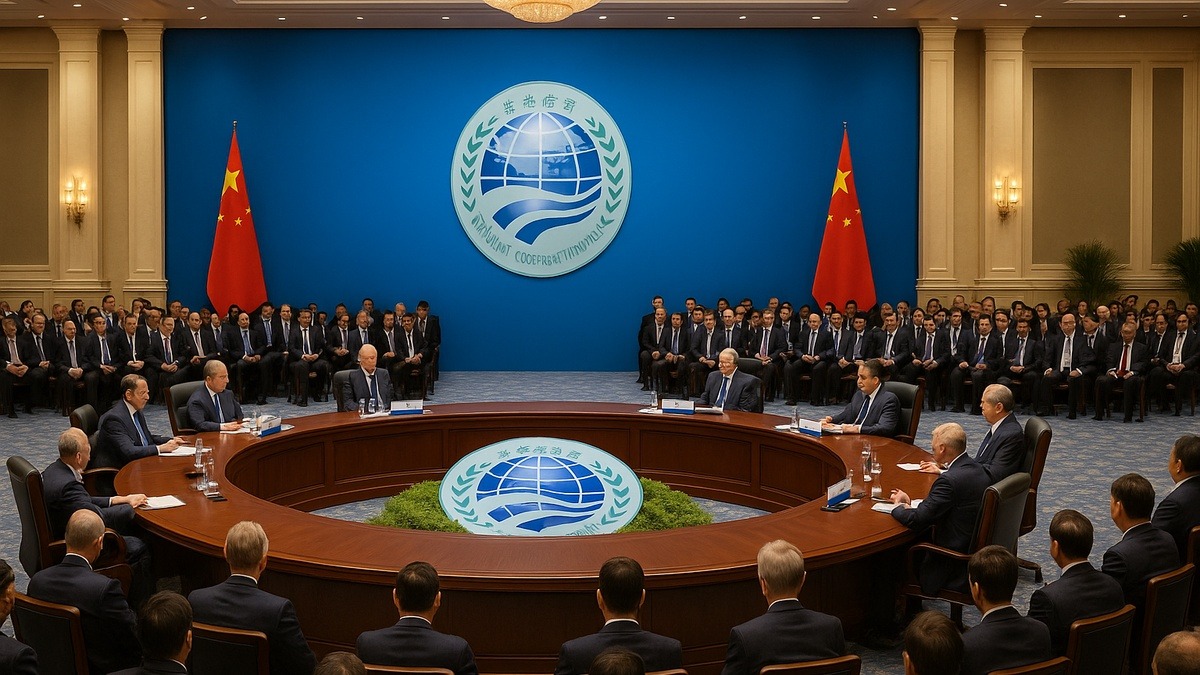
Follow WOWNEWS 24x7 on:

In a world where strategic plans are meticulously crafted and endlessly revised, a growing body of leadership insight suggests that workplace culture—not strategy—is the true engine of organizational success. As highlighted in recent opinion pieces by management experts and featured in outlets like Yahoo Lifestyle and Forbes, the adage popularized by Peter Drucker that culture eats strategy for breakfast is more than a catchy phrase—it’s a reality that many organizations are now confronting head-on.
The essence of this idea is simple yet profound: even the most innovative strategies will falter if the organizational culture does not support them. Conversely, a strong, adaptive culture can elevate even modest strategies into transformative outcomes.
Key Highlights From The Cultural Shift
- Culture shapes daily behavior, while strategy outlines intended direction
- Toxic or misaligned cultures can sabotage even well-designed strategic plans
- Organizations with strong cultures report higher employee engagement, retention, and innovation
- Culture is more enduring than strategy and often outlasts leadership changes
- Nourishing culture requires intentional design, transparency, and emotional intelligence
Culture As The Operating System
Culture is the invisible operating system of an organization. It governs how people interact, make decisions, and respond to challenges. While strategy may call for cross-functional collaboration, culture determines whether departments actually cooperate or remain siloed. If the culture rewards competition over teamwork, collaboration will remain a slide deck fantasy.
In practice, culture manifests through:
1. Shared values and beliefs
2. Informal norms and rituals
3. Leadership behavior and tone
4. Peer-to-peer interactions
5. Emotional climate and psychological safety
When these elements align with strategic goals, execution becomes seamless. When they clash, even the best-laid plans unravel.
Why Culture Drives Engagement And Innovation
Employees are more likely to commit to organizational goals when they feel valued and aligned with the company’s culture. A supportive environment fosters intrinsic motivation, which cannot be mandated through strategy alone. Cultures that prioritize innovation, customer-centricity, and learning tend to outperform those focused solely on control and compliance.
Research cited in Forbes suggests that innovation strategies thrive only when the cultural context encourages creativity, risk-taking, and transparency. Without these, even disruptive ideas are stifled before they reach execution.
How To Nourish Workplace Culture
Organizations looking to strengthen culture must move beyond slogans and HR campaigns. Culture-building is a continuous process that requires leadership commitment and structural support.
Recommended practices include:
- Conducting regular culture audits to identify gaps and misalignments
- Embedding values into hiring, onboarding, and performance reviews
- Encouraging open dialogue and feedback across all levels
- Recognizing and rewarding behaviors that reflect cultural ideals
- Investing in leadership development focused on emotional intelligence and empathy
- Creating rituals and shared experiences that reinforce belonging and purpose
Transparency is especially critical. As Starbucks founder Howard Schultz once said, the currency of leadership is transparency. Employees need to see that cultural values are not just aspirational but operational.
Culture Outlasts Strategy
Strategies often shift with market conditions, leadership transitions, or technological disruptions. Culture, however, is more enduring. It lives in traditions, unwritten rules, and collective memory. This makes culture both a stabilizing force and a potential bottleneck.
For example, a company may adopt a digital transformation strategy, but if its culture resists experimentation and change, the initiative will stall. On the other hand, a culture that embraces learning and agility can turn even incremental strategies into major wins.
Leadership Insight: Culture Is The Real Competitive Advantage
As organizations navigate uncertainty and complexity, culture emerges as the most reliable compass. It influences how people behave when no one is watching, how teams respond to setbacks, and how leaders inspire trust. Strategy may set the destination, but culture determines whether the journey succeeds.
Sources: Yahoo Lifestyle, Forbes, New Straits Times, Global Policy Journal, LeadingCulture.co.nz, Kognitivus.com




